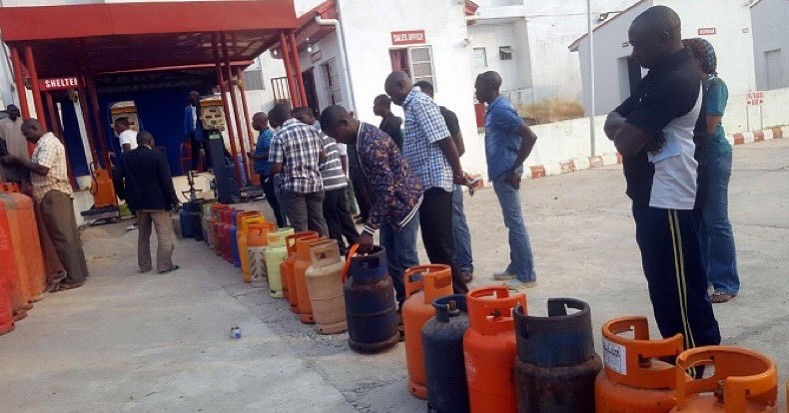Gold remains one of the most reliable financial assets for central banks, providing security against currency volatility and global economic uncertainty. In Africa, central banks are increasingly leveraging gold as a strategic monetary asset to stabilize their economies and strengthen investor confidence.
According to updated data from the World Gold Council (WGC), here are the top 10 African nations with the highest official gold reserves as of Q1 2025:
1. Algeria – 173.56 Tonnes
Banque d’Algérie holds the largest gold reserves in Africa, far surpassing its continental peers. Algeria’s stockpile acts as a critical cushion against global financial shocks and inflationary pressures.
2. Libya – 146.65 Tonnes
Despite enduring political and economic challenges, Libya continues to maintain a substantial gold reserve, managed by the Central Bank of Libya. It plays a key role in supporting the country’s monetary policy.
3. Egypt – 128.00 Tonnes
The Central Bank of Egypt has steadily expanded its gold holdings, reflecting its broader vision of regional economic leadership and currency diversification.
4. South Africa – 125.35 Tonnes
Home to some of the world’s richest gold mines, South Africa has retained a significant reserve base. Its central bank prioritizes gold as a hedge against global financial turbulence.
5. Ghana – 31.01 Tonnes
Ghana, a global top gold producer, leads Sub-Saharan Africa in central bank reserves. The Bank of Ghana has been increasing its gold holdings as part of a broader forex diversification strategy.
6. Nigeria – 21.37 Tonnes
Africa’s largest economy, Nigeria, has been strategically bolstering its gold reserve levels under the supervision of the Central Bank of Nigeria (CBN) to reduce overreliance on foreign currencies.
7. Morocco – 22.12 Tonnes
Bank Al-Maghrib (Morocco’s central bank) maintains moderate but stable reserves, highlighting the country’s conservative approach to foreign reserve diversification.
8. Tunisia – 6.84 Tonnes
Tunisia’s gold reserves have remained relatively constant, playing a supplementary role in the country’s monetary policy toolkit.
9. Mauritius – 12.42 Tonnes
Despite its small size, Mauritius continues to expand its gold reserves as part of a highly stable and globally integrated financial system.
10. Mozambique – 4.45 Tonnes
Mozambique’s central bank has gradually increased its gold holdings, viewing it as a tool to support financial stability amid external economic pressures.
HEED: Follow us on Instagram or any other social media platform and get the most reliable news directly in your favourite app!
📈 Why Are Gold Reserves Important for African Economies?
- Currency Stabilization: Gold acts as a hedge against inflation and currency depreciation.
- Investor Confidence: A strong gold reserve base enhances sovereign creditworthiness.
- Geopolitical Safety Net: In times of global unrest or sanctions, gold is a dependable store of value.
With rising global economic uncertainty, more African nations are revisiting gold as a core part of their reserve portfolios, aligning with international trends noted in the World Gold Council’s latest reports.
NaijaBlogDaily# is visible on all social media platforms, and we bring you the latest Nigerian news on politics and economy, entertainment, and celebrity updates, including sports across Nigeria and beyond…
Keep visiting and following up with us on any social media platform you are using to keep you updated 💯
Remember (information brings knowledge and power).
STAY TUNED!!!



